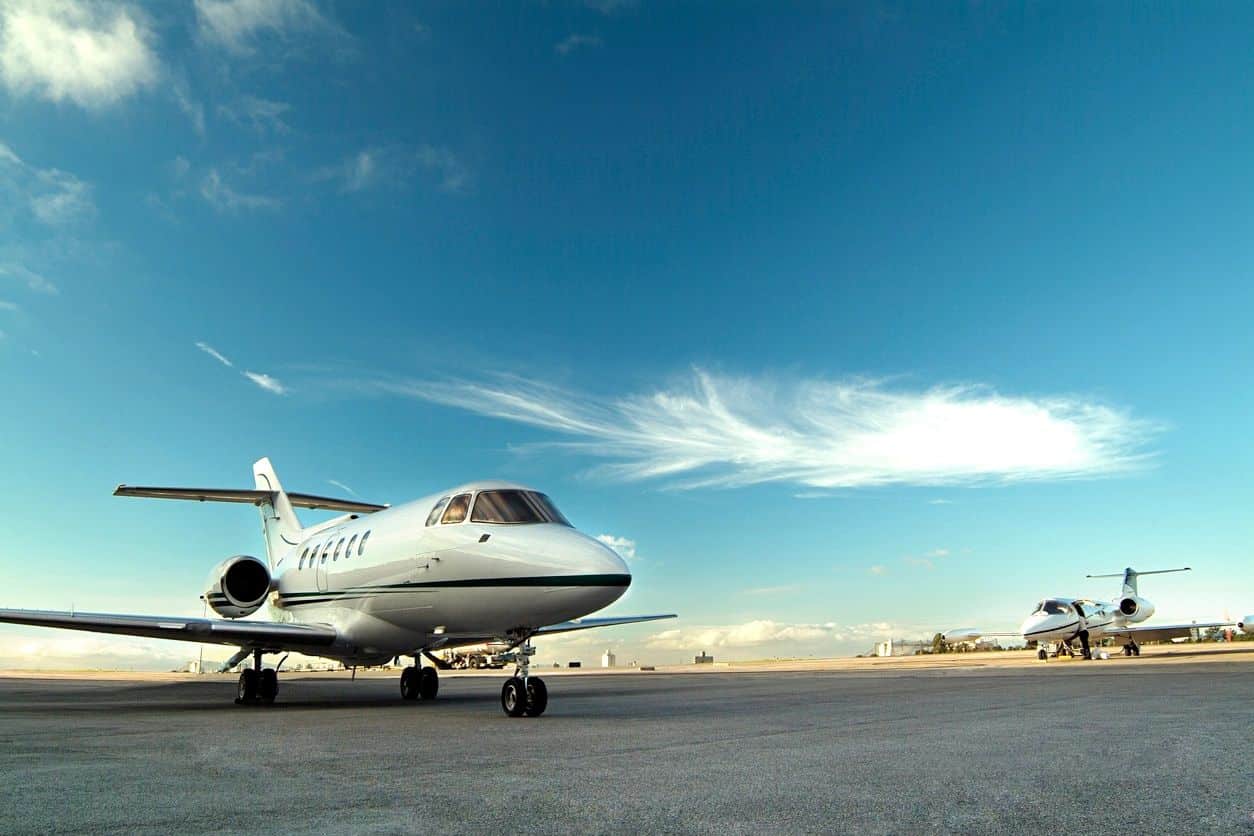DALLAS — Allied Aviation Services, which fuels planes at airports nationwide, agreed on Tuesday to pay $1.9 million to settle a discrimination lawsuit begun by 15 black and Hispanic employees at its Dallas/Fort Worth International Airport facility who said they had been forced to endure racial slurs and other harassment.
The company, which did not acknowledge any wrongdoing, also agreed to conduct sensitivity and diversity training for all of its employees in the United States for the next three years. The settlement was announced at a news conference outside the Dallas district office of the Equal Employment Opportunity Commission, which had filed a suit on behalf of the workers.
The settlement is the largest race and national origin discrimination case ever resolved by the Dallas office, Suzanne M. Anderson, the agency’s supervisory trial lawyer, said.
“What made this case so repulsive was not just the egregious conduct against blacks and Hispanics by their co-workers but also management’s acquiescence to the harassment,” she said in a prepared statement.
The company could not be reached for comment at its headquarters in New York. An operator at its facility at the Dallas/Fort Worth airport said, “I’ve been instructed that there is no comment from this station.”
A former Dallas Cowboys running back, Eric Mitchel, began the lawsuit after finding his name and the names of four other black employees on a bathroom wall underneath the title “hit list,” which included a racial epithet.
He said at the news conference that he had reported the threat to the airport police but had been told by Allied management “if I didn’t like what was going on, I could leave.” It was one of many incidents that Mr. Mitchel said had caused him to compare the work environment at Allied to that of a modern-day plantation.
Other Allied employees cited a pattern of discrimination and civil rights violations. Ku Klux Klan membership cards were routinely brandished by white employees, and nooses and drawings of swastikas were commonplace, according to their suit. When boarding shuttles, Hispanics were told to ride in the back of the bus, it said.
Carl Gaines, a black employee, discovered racial slurs and other derogatory remarks on the fuel panel of an American Airlines jet he was servicing, the suit said. To his surprise, he realized that the epithets singled him out by name.
Francisco Ochoa, a Hispanic employee, went into a meeting with a supervisor to discuss the conditions, only to find himself depicted in a racially offensive cartoon on display under glass on the manager’s desk, according to the suit. The mental anguish so traumatized Mr. Ochoa, a former marine, that he was later hospitalized for two weeks, said Sara W. Kane, a lawyer who worked on the case. Mr. Ochoa died of cancer two years ago.
Legal work on the case began four years ago after Mr. Mitchel found the response from Allied management unacceptable. After seeking legal counsel from a lawyer, James A. Vagnini, he was joined by seven other employees as parties to the lawsuit. That number eventually grew to 15. Six still work for the company.
“This is certainly one of the most, if not the most egregious case we’ve ever seen,” said Ms. Kane, a partner with Mr. Vagnini at Valli Kane & Vagnini in Garden City, N.Y., which represented the employees along with DiNovo Price Ellwanger in Austin, Tex. “The level and the depth that management was involved sets it apart from all other cases.”
Ms. Kane added that once the commission had completed its investigation into the case, it brought its own lawsuit against Allied on behalf of the employees. “That almost never happens,” she said.
Allied Aviation Services fuels 1.8 million commercial flights and handles close to six billion gallons of jet fuel each year, according to its Web site. It has operations at 24 major airports in North America, the Caribbean and Latin America, including the New York area’s three main airports.










